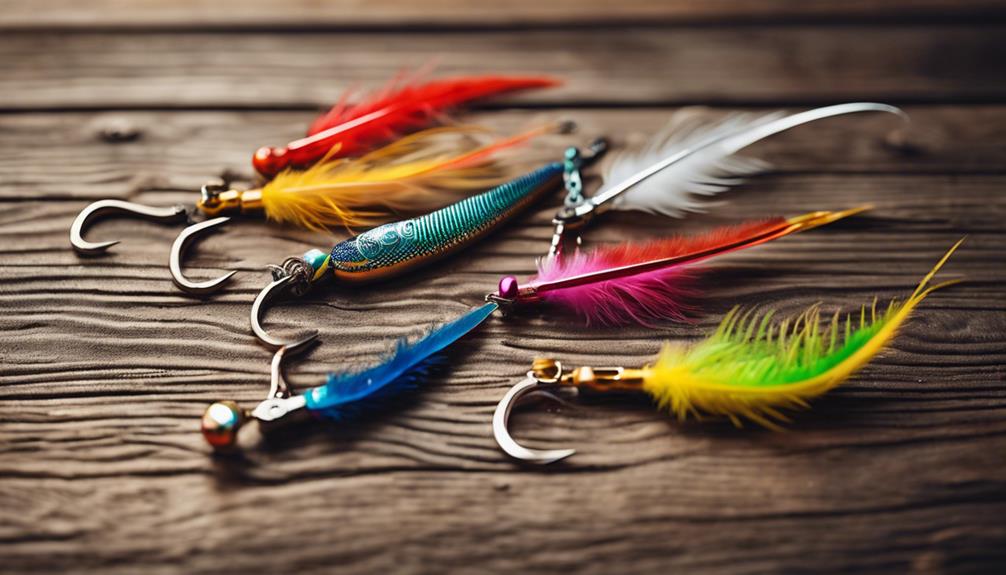Fishing is more than just a pastime; it is an age-old tradition that spans cultures and continents. The question of “who is fishing” invites us to explore not only the individuals who partake in this activity but also the rich tapestry of culture, history, and community that surrounds it. In this blog post, we will delve into the various aspects of fishing, from its historical significance to the modern-day community of anglers, and everything in between.
The Historical Significance of Fishing
Fishing has been a vital source of sustenance for humanity since prehistoric times. Evidence suggests that fishing dates back over 40,000 years, with ancient civilizations relying on fish as a primary food source. The art of fishing is intricately woven into the history of many cultures, providing not only nourishment but also serving as a means of trade and economic development. As we explore who is fishing today, it is essential to acknowledge the ancestral knowledge and techniques passed down through generations, which continue to influence modern fishing practices.
The Types of Fishing: Who is Fishing Today?
When we think about who is fishing today, we find a diverse group of individuals engaged in various fishing methods. From recreational anglers casting lines in local lakes to commercial fishermen operating large vessels in the ocean, the fishing community is vast. Common types of fishing include freshwater fishing, saltwater fishing, fly fishing, and ice fishing, each attracting different enthusiasts. Understanding the different types of fishing helps us appreciate the unique skills and techniques that anglers employ, as well as the motivations behind their passion for this age-old practice.
The Role of Technology in Modern Fishing
Technology has significantly transformed who is fishing and how they do it. Innovations such as sonar fish finders, GPS mapping, and advanced fishing gear have made fishing more accessible and efficient. These powerful tools allow anglers to locate fish more easily, improving their chances of a successful catch. However, while technology has enhanced the fishing experience, it also raises concerns about sustainability and overfishing. As we consider who is fishing, it’s crucial to recognize the balance between utilizing technology and preserving our aquatic ecosystems for future generations.
Environmental Concerns Surrounding Fishing
As more people engage in fishing, it is essential to address the environmental concerns that accompany this activity. Overfishing, habitat destruction, and pollution are pressing issues that affect aquatic ecosystems worldwide. Anglers today are increasingly aware of their impact on the environment, leading to a rise in sustainable fishing practices. Many organizations promote catch-and-release methods, responsible bait use, and adherence to fishing regulations to protect fish populations and their habitats. Understanding who is fishing also means recognizing the commitment of many anglers to conservation efforts and the health of our oceans, rivers, and lakes.
The Fishing Community: A Diverse Group of Anglers
Who is fishing? The answer lies in the rich diversity of the fishing community itself. From seasoned veterans who have spent decades honing their craft to novices eager to learn, the fishing community is inclusive and welcoming. Anglers come from various backgrounds, ages, and cultures, united by their love of the water and the thrill of the catch. Fishing clubs, tournaments, and online forums provide platforms for anglers to connect, share tips, and partake in friendly competition. This sense of community fosters friendships and mentorships, enriching the fishing experience for everyone involved.
The Therapeutic Benefits of Fishing
Fishing is not only a recreational activity; it also offers numerous therapeutic benefits. Many individuals turn to fishing as a means of relaxation and stress relief. The peaceful environment of lakes, rivers, and oceans allows anglers to disconnect from the hustle and bustle of daily life, providing a mental health boost. The rhythmic motion of casting a line and the anticipation of a bite can have meditative effects, making fishing a popular activity for those seeking tranquility. As we explore who is fishing, we recognize the emotional and psychological benefits that this beloved pastime brings to countless individuals.
Fishing Regulations and Ethics
As the fishing community grows, so too does the importance of understanding fishing regulations and ethics. Each region has specific rules governing fishing seasons, size limits, and catch quotas to ensure sustainable practices. Anglers must educate themselves about local regulations to protect fish populations and maintain the integrity of fishing environments. Additionally, ethical fishing practices, such as respecting wildlife, minimizing waste, and practicing catch-and-release, are vital components of responsible angling. Knowing who is fishing also means understanding the responsibilities that come with this cherished activity.
Conclusion: The Future of Fishing
In conclusion, fishing is a multifaceted activity that encompasses a rich history, varied practices, and a vibrant community. As we reflect on who is fishing today, we see a diverse group of individuals united by their passion for the sport, their respect for the environment, and their commitment to preserving fishing traditions for future generations. Whether through technological advancements, community engagement, or sustainable practices, the future of fishing is bright, promising to continue captivating hearts and minds for years to come. So next time you cast your line, remember that you are part of a long lineage of anglers who have cherished the art of fishing throughout history.
By understanding the diverse landscape of who is fishing, we not only appreciate the sport itself but also the cultural significance that it holds across the globe. So grab your fishing gear, find a local spot, and immerse yourself in the community that has captured the hearts of millions. Happy fishing!
